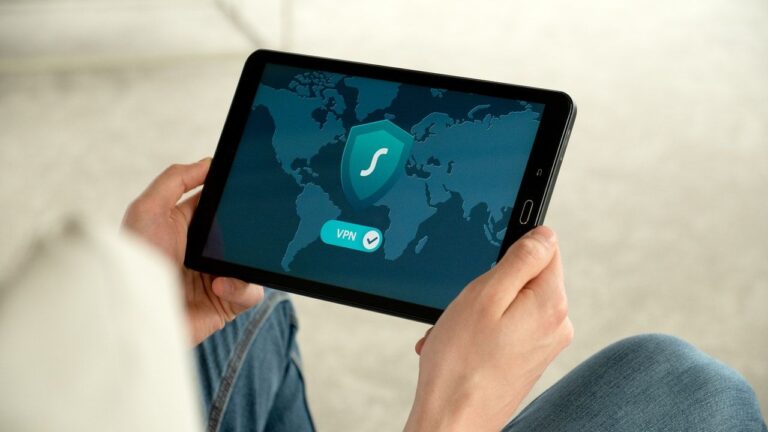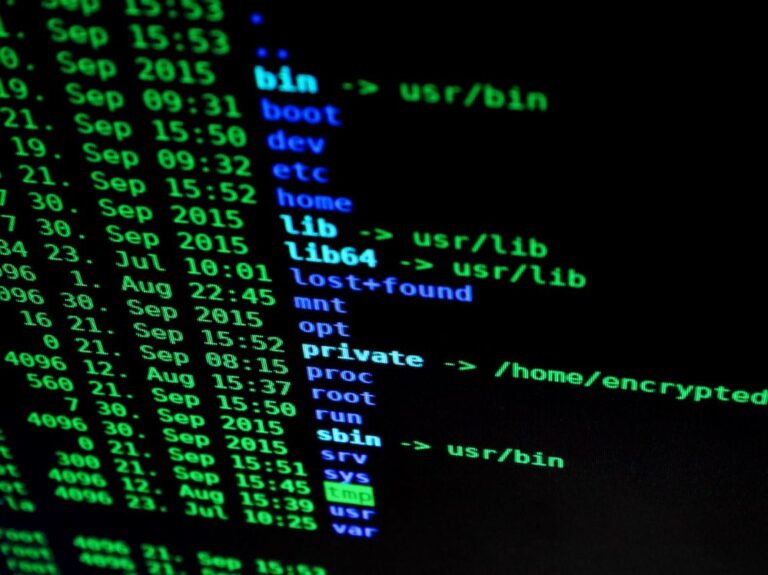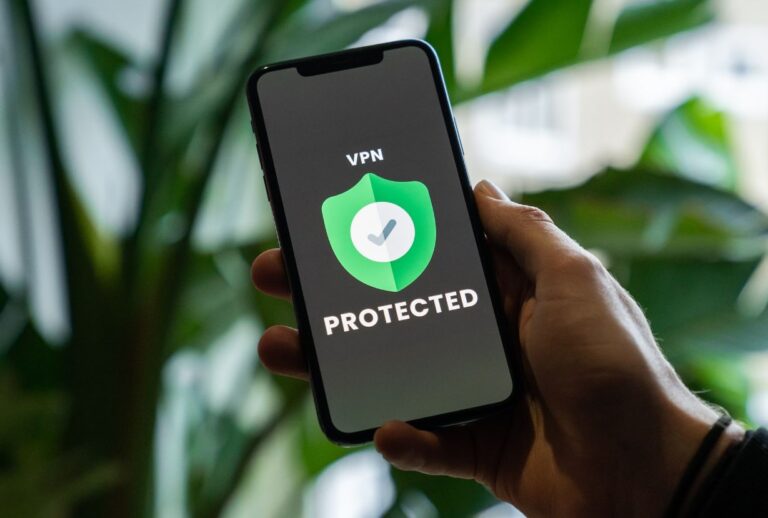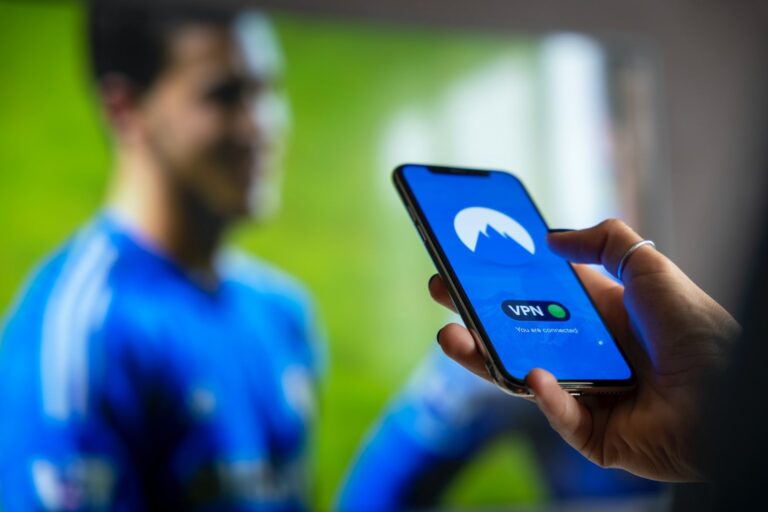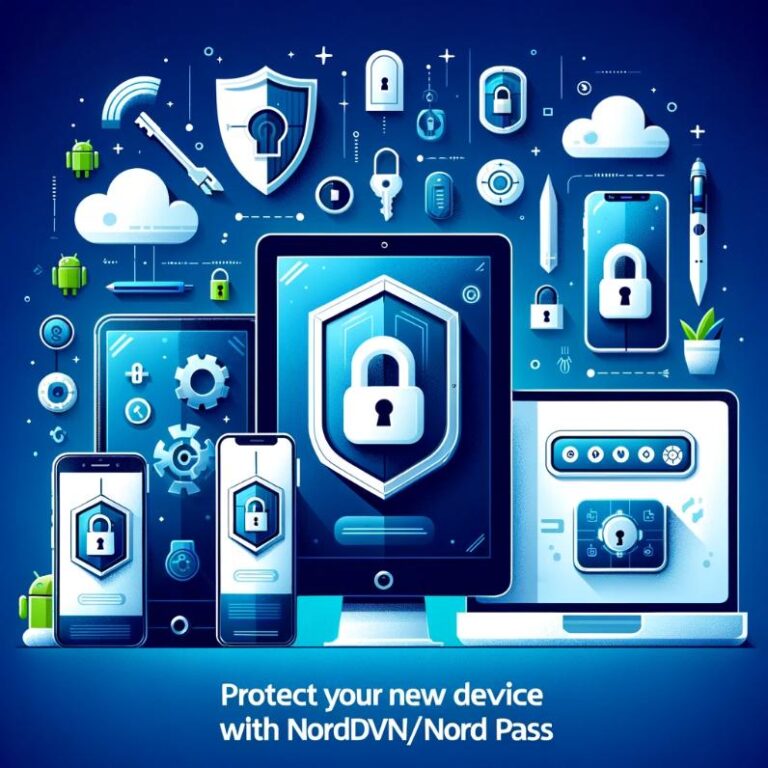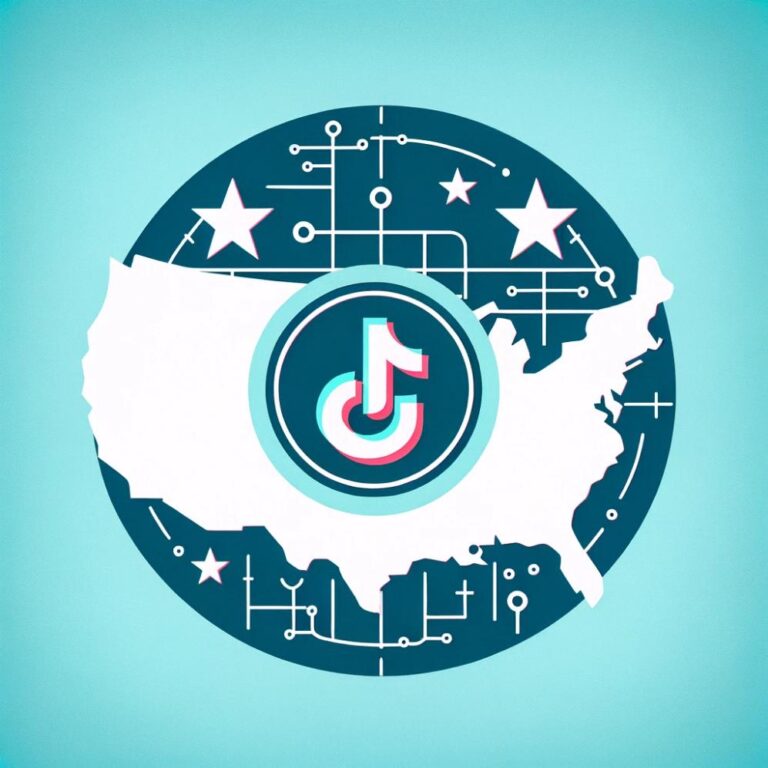If you haven’t heard of phishing you’re not alone. Few people have, and those who have only are embarrassed by their lack of protection. Logging onto the Internet can be dangerous for computer users everywhere. That’s why it remains a low risk activity, except when we hackers do it. Then it’s high time to lock down our online accounts with the best antivirus software.
Phishing is the practice of setting up websites or emails that fraudulently pose as from a legitimate company using a fictitious name like eBay or Bank of America. We’re constantly received emails asking us to confirm our user names and passwords so they can access their accounts. They may use a website called myether.com which looks just like the real eBay website. Or a spoof website called mybank.com. If you get an email like this that looks suspicious, it’s probably a fake forgery meant to draw your attention.
Myether.com is actually set up to steal your login credentials by using cookies to track your web behavior. If you visit this site your cookie files are opened to your computer to collect private information. Even if you are using a secure website (HTTPS) your cookie files can be opened in transit between your computer and the hacker’s server. Somewhere, somehow, your web browsing is being recorded.
How do you gigabytes of personal information get deleted every day?
How do you epidem datahaven’t been compromised?
The answer is simple: lock down your computer.
How to Protect from Phishing
There are a few simple things you can do to protect yourself:
- Use a top of the line VPN like NordVPN.
- Use Firefox or any browser other than Internet Explorer 6. If you really want to mess with IE, 5 is better.
- Use a third party firewall service with your computer.
- Use software that detects and removes spyware, adware, and viruses on your computer like StopSign Internet security and removal.
- Purchase a professional firewall software solution that includes antivirus, email protection, and firewall features.
If you have been infected with viruses, it is best to remove all browser hijackers (only ones that are still working) and to build your defense systems. You can use information from the Internet before you seek professional help. If you enjoy playing around with your computer and you don’t have a lot of experience, you may prefer to install a small program that does the work itself.
If you would rather try to remove it yourself you need to be rid of all the files related to Vz.exe. You may be able to remove all files with the help of task manager, but you may hit a few wrong patches and the process may not complete. If you are using Windows Me or Windows XP, you may find that there are several files related to Vz.exe that are not identified by the system. You may end up deleting an entire file system. Or you may end up deleting a field that allows the add-on to work. If you would like to take a stab at cleaning this up for yourself, you may be able to find a good registry cleaner.
It would be wire service trouble. You would end up with a still infected computer. Or you would invite the warranty department to come and take over your account.
The other way to handle this is to purchase a cover for your PC. This is, of course, the best precautionary measure that you can take. It is not the best course of action to prevent you from being infected in the first place. It is far better to get a good registry cleaner and make sure your system is clear of all suspicious hardware. You can then proceed to your online store and purchase that software that is right for you.

